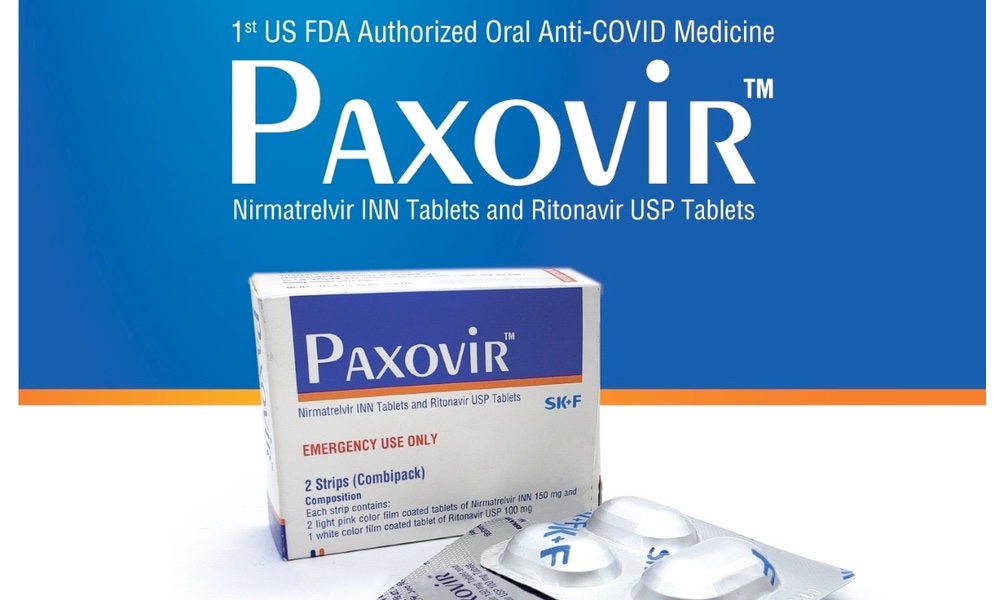Vaccinations have helped reduce transmission of SARS-CoV-2 and the crush of hospitalizations related to the virus, but new variants and vaccine resistance have meant that people are still getting sick. Luckily, antiviral drugs are now available to treat those who get COVID-19, but who should get them and under what circumstances have not been clear.
The WHO Guideline Development Group of international experts at the World Health Organization recently issued some guidance. They strongly recommend that patients with non-severe COVID-19 be given the antiviral drug nirmatrelvir/ritonavir.
There are several reasons for the recommendation. Not only does the drug help prevent hospitalizations, it also carries fewer potential harms than another antiviral drug, molnupiravir. Nirmatrelvir/ritonavir, sold under the brand names Paxlovidâ„¢ and Paxovirâ„¢, is also easier to administer than intravenous options such as remdesivir and antibody treatments.
In the same guideline update, the WHO also made a conditional — weak — recommendation that patients with non-severe COVID be given the antiviral drug remdesivir.
Not only does the antiviral drug nirmatrelvir/ritonavir help prevent hospitalizations, it also carries fewer potential harms than another antiviral drug.
Antivirals were not recommended for people at lower risk for contracting the virus. The guidance makes no recommendation for patients with severe or critical COVID-19 because at the moment there are no data to support it.
What's the best strategy is tricky. The data on COVID-19 keep changing, both with new variants emerging and new information on the virus becoming available. For this reason, the recommendations are part of a “living guideline” the World Health Organization has developed to help doctors make better decisions with their patients. As a living guideline, it can be updated as new information becomes available.
The guidance is based on data that are considered to be highly reliable. It comes from two randomized controlled trials, a type of study that offers the highest level of evidence to establish causal associations in clinical research, involving 3,100 patients.
If you haven’t gotten vaccinated or boosted, you should probably do so immediately. If you are reluctant, do some reading and talk with your doctor. The vaccines’ safety record is strong, and their ability to protect you from serious infection for six months or more is undisputed.
The study is published in The BMJ.





